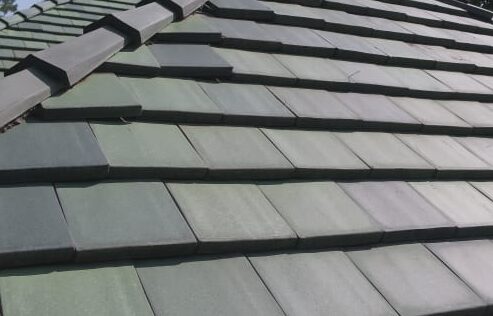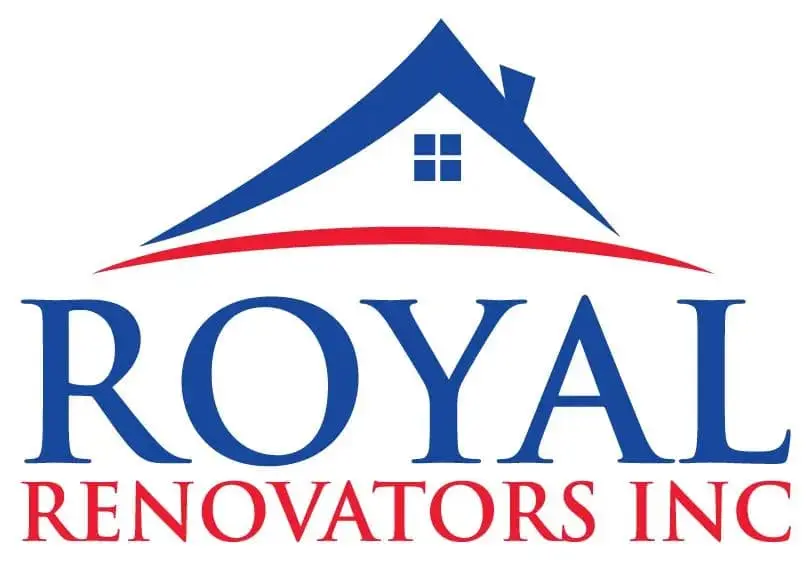The Rise Of Tile Roofing Popularity

When you look at a home, its roof is like the crown jewel, the finishing touch that encapsulates the essence of its design. There are myriad roofing materials available today, from classic asphalt shingles to modern metal panels, but one choice has stood the test of time and can turn any house into a work of art: tile roofing. Tile roofing is not just another roofing option; it’s a living testament to the architectural ingenuity of humanity. Over the centuries, various civilizations, from the Romans to the Greeks, have embraced this roofing method, leaving behind iconic structures that still stand today. Remember that consulting with a qualified roofing professional is essential to ensure the best results for your specific circumstances. In this article, we will go into the world of tile roofing, exploring not only its advantages and disadvantages but also its historical significance and captivating appeal.
Advantages of Tile Roofing
- Durability: One of the most significant advantages of tile roofing is its exceptional durability. When properly installed and maintained, tile roofs can last for several decades, often surpassing the lifespan of other roofing materials. Some tile roofs in Europe have been known to last over a century. This durability makes tile roofing a cost-effective choice in the long run, as homeowners can avoid the frequent replacements that other roofing materials may require.
- Aesthetic Appeal: Tile roofing offers a timeless and elegant aesthetic that can enhance the curb appeal of any home. There is a wide variety of tile types and styles available, including clay, concrete, and slate tiles, each offering unique textures, colors, and profiles. This diversity allows homeowners to choose a tile that complements their architectural style and personal preferences. Whether you prefer the rustic charm of clay tiles or the sleek sophistication of slate, tile roofing can be tailored to your specific design vision.
- Energy Efficiency: Tile roofing can help improve the energy efficiency of your home. The thermal properties of tile materials, especially clay and concrete, help regulate indoor temperatures. In hot climates, tile roofs can reflect a significant amount of solar heat, reducing the need for air conditioning and ultimately lowering energy bills. Conversely, in colder regions, tile roofing can provide insulation, helping to keep your home warm during the winter months. This thermal efficiency is not only environmentally friendly but also economically advantageous.
- Low Maintenance: Compared to some other roofing materials, tile roofing requires minimal maintenance. Tiles are resistant to rot, insects, and fire, which means you won’t need to worry about regular treatments or replacements. Periodic inspections and basic upkeep are usually sufficient to keep a tile roof in excellent condition. This low maintenance requirement can save homeowners both time and money over the lifespan of their roof.
- Environmentally Friendly: Tile roofing is an eco-friendly choice. Many tile materials are made from natural clay or recycled materials, reducing the environmental impact. Additionally, tiles are easily recyclable at the end of their life, making them a sustainable choice for environmentally conscious homeowners. By opting for tile roofing, you not only enhance your home but also contribute to a greener future.
Disadvantages of Tile Roofing
- Cost: One of the primary drawbacks of tile roofing is its initial cost. Tile roofing materials and installation can be more expensive than other roofing options such as asphalt shingles. However, it’s essential to consider the long-term value and durability of tile roofs, which can offset the higher upfront investment. While the initial cost may be a hurdle for some homeowners, it’s important to view it as a wise long-term investment that pays off in terms of longevity and aesthetic appeal.
- Weight: Tile roofs are heavy, and not all homes are structurally equipped to support the weight of tile roofing materials. Before choosing tile roofing, it’s crucial to have a structural engineer assess your home’s capacity to bear the load. Reinforcements may be necessary, which can add to the overall cost. While this may seem like an inconvenience, it’s a necessary step to ensure the safety and integrity of your home.
- Fragility: While tile roofs are durable, they can be fragile in certain circumstances. Walking on tile roofs can cause tiles to crack or break, so routine maintenance and inspections should be done by professionals who know how to navigate a tile roof safely. Additionally, falling objects, such as tree branches, can damage tiles. However, with proper care and caution, the risk of tile damage can be minimized.
- Installation Complexity: Tile roofing requires specialized installation techniques and skilled labor. Improper installation can lead to leaks and other issues. Therefore, it’s essential to hire experienced roofing contractors who are knowledgeable about tile roofing systems. While the installation process may be more involved than that of some other roofing materials, the expertise of a professional ensures that your investment is protected.
- Limited Climate Suitability: Tile roofing performs best in dry and mild climates. In areas with frequent freeze-thaw cycles, extreme temperature fluctuations, or heavy rainfall, tiles may be more susceptible to damage. Homeowners in such regions should consider the climate’s demands before opting for tile roofing. However, it’s worth noting that with proper installation and maintenance, tile roofs have been known to perform well even in challenging climates, so consulting with a local roofing expert is advisable.
In conclusion, tile roofing offers a range of advantages, including durability, aesthetic appeal, energy efficiency, low maintenance, and environmental friendliness. However, it also has its share of disadvantages, such as initial cost, weight considerations, fragility, installation complexity, and limited suitability in certain climates. When considering tile roofing for your home, it’s essential to weigh these pros and cons carefully, taking into account your budget, location, and architectural preferences. Ultimately, with proper installation and maintenance, a tile roof can be a long-lasting and beautiful addition to your home, offering both protection and timeless style.
Reach out to our crew of roofing professionals at 118-35 Queens Blvd Forest Hills, NY 11375 (718) 414-6067 https://www.nycrenovators.com
